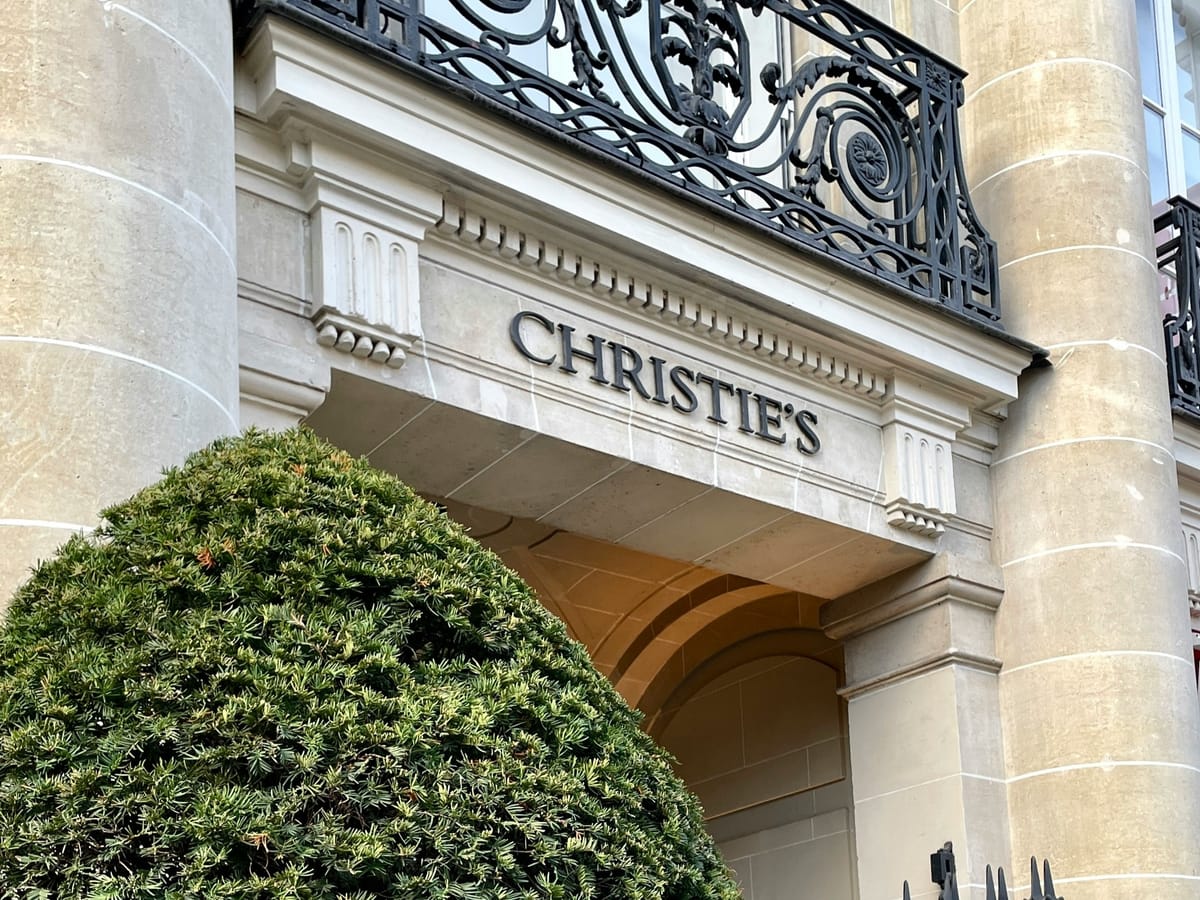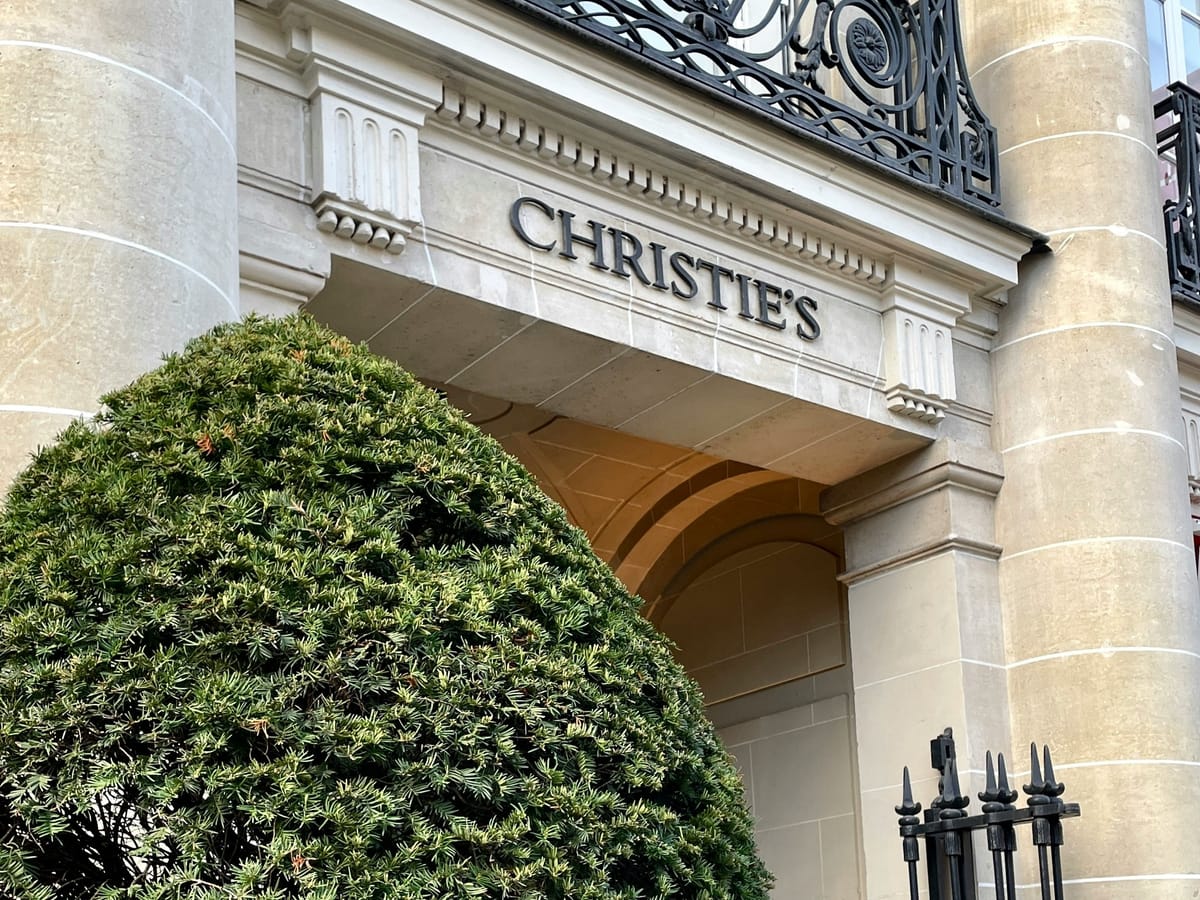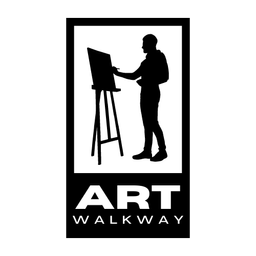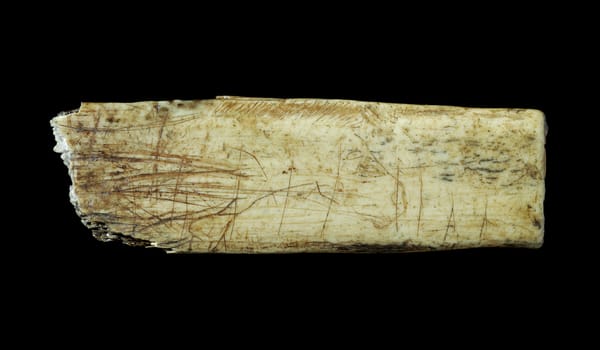If Christie’s AI Art Sale Wins Big, More Will Follow—No Matter the Outrage
Christie’s track record shows it follows the money—this AI auction is no exception.

Is Christie’s auctioning AI-generated art because it believes in the technology’s creative potential, or because it sees an easy payday? That’s the question thousands of artists, illustrators, and photographers are demanding answers to after the auction house announced its first-ever sale dedicated entirely to AI-created works. More than 3,500 signatories have already attached their names to an open letter calling for the auction to be canceled, accusing Christie’s of legitimizing technology that profits off the unpaid labor of human artists.
The auction, set to run from February 20 to March 5, is expected to bring in more than $600,000. The lots include works by well-known AI-art pioneers like Refik Anadol, Claire Silver, and Alexander Reben, with pieces spanning from early experiments to contemporary machine-generated visuals. But the backlash has been swift and unforgiving. The letter argues that many of the AI models used to create these works were trained on copyrighted art without permission, allowing tech companies to strip-mine an entire industry’s creative labor to build profitable AI tools.
"These models, and the companies behind them, exploit human artists, using their work without permission or payment to build commercial AI products that compete with them," the letter states.

February 20: A Moment That Could Change Art Forever
It’s not the first time AI-generated art has sparked controversy, but Christie’s decision to go all-in on an AI auction marks a turning point. This isn’t just about individual artists struggling against automation—it’s about whether the most powerful players in the art world are actively helping accelerate that shift. The auction house is no stranger to breaking new ground in digital art sales. It made history in 2021 when it sold Beeple’s NFT for $69 million, cementing the legitimacy of digital collectibles. But this time, critics argue, it’s different. NFTs were at least tied to individual creators. AI-generated art, they claim, has no such ethical anchor.
Christie’s response has been predictable: insist that the artists in the sale are legitimate, multidisciplinary practitioners whose work “enhances” their practice with AI. But that sidesteps the real issue. The backlash isn’t just about the artists included in the sale—it’s about the broader ecosystem that AI-generated art is built on. Many AI art generators, including Midjourney and Stable Diffusion, rely on scraping billions of images from the internet, including works by living artists, without consent or compensation. AI-generated art isn’t a tool in these cases; it’s a system built on mass appropriation, and now it’s being repackaged and sold by one of the world’s most powerful auction houses.
Some AI artists have pushed back on the criticism, arguing that AI is just another creative tool, no different from Photoshop or a paintbrush. Others, like AI artist and activist Holly Herndon, who is featured in the auction, have advocated for a more ethical approach—one that gives artists control over whether their work is included in training datasets. But the fact remains that no serious effort has been made to regulate AI art on a legal level. Lawsuits against AI companies are still winding their way through the courts, and even the U.S. Copyright Office has struggled to keep up, ruling that only human-made works can be copyrighted while AI-assisted art remains in a legal gray area.
So what does Christie’s really stand for? Is it a cultural institution that upholds artistic integrity, or is it simply a marketplace, happy to profit off whatever the latest trend may be? The open letter’s demand is clear: cancel the auction, or risk becoming complicit in what they call "the mass theft of human artists' work." But if history has shown anything, it’s that Christie’s, like most major auction houses, follows the money. If this sale is a success, expect more like it. The question isn’t whether Christie’s will listen to artists. It’s whether it even cares.
ART Walkway News






